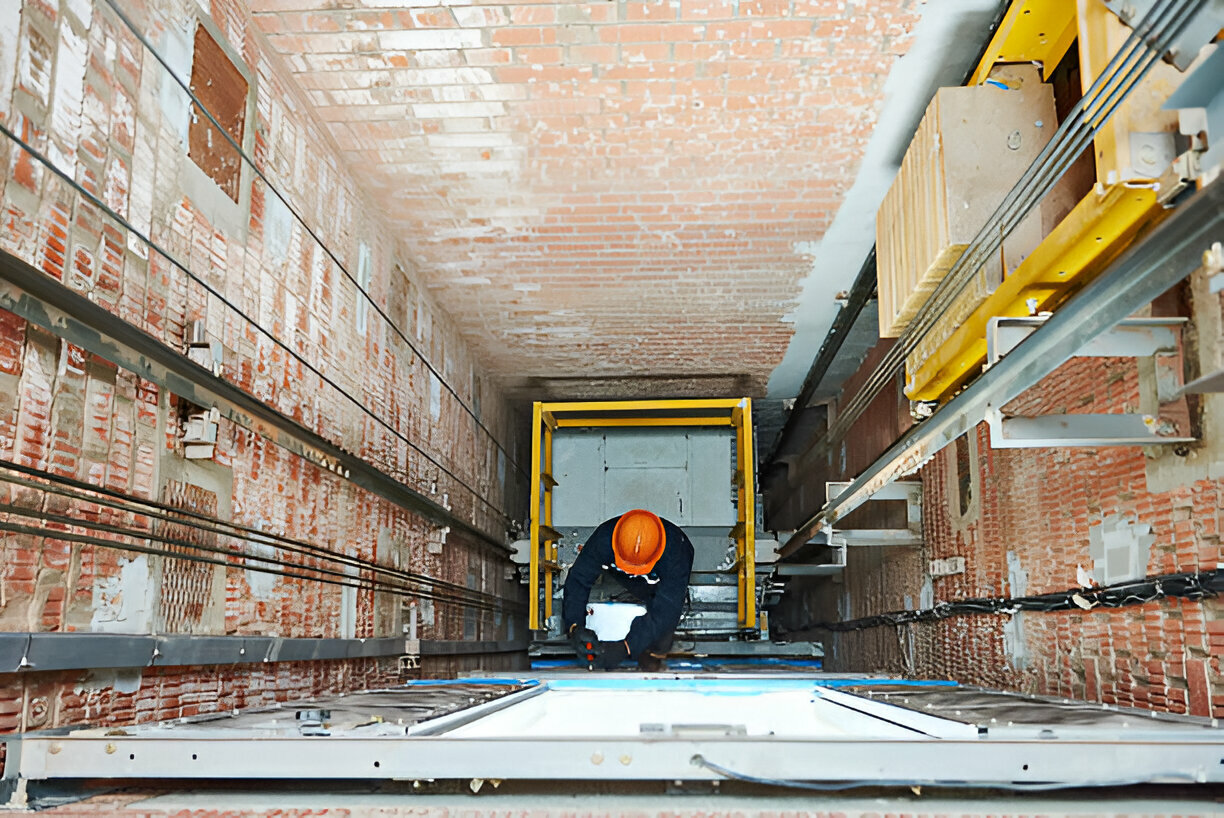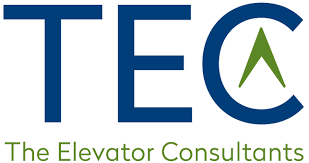As a building owner, property manager, building engineer, or facility manager, you are responsible for ensuring the safety, efficiency, and longevity of your property’s vertical transportation systems. Elevators are a critical component of any multi-story building. Their proper management can significantly impact your organization’s bottom line and reputation. In this first installment of our five-part series on elevator consulting services, we will explore how professional elevator vendor management can transform your approach to elevator maintenance and operations.

Understanding Elevator Vendor Management
Elevator vendor management is a specialized service provided by elevator consulting firms to oversee and optimize the relationship between building owners and elevator service providers. This crucial aspect of elevator consulting aims to ensure that you receive the best possible service, maximize the value of your maintenance contracts, ensure you are receiving services contracted and maintain your elevators in peak condition. This elevator consulting service allows you to be free of managing your elevators to the level you require.
Key Benefits of Professional Elevator Vendor Management
ost Savings and Proper Maintenance
One of the primary advantages of engaging an elevator consultant for vendor management is the potential for significant cost savings and proper maintenance of your elevators. Experienced consultants have in-depth knowledge of industry standards, industry nuances, pricing structures, and contract terms. They can analyze your current maintenance contracts to identify areas of overspending, negotiate more favorable terms with service providers, ensure you are only paying for services you actually need, and identify opportunities for preventive maintenance that can reduce long-term costs.
Advocacy and Vendor Oversight
Elevator consultants act as your advocate. They ensure that service providers meet or exceed agreed-upon standards. They can develop comprehensive performance metrics and service level agreements (SLAs). Additionally, they regularly audit service quality, hold vendors accountable, facilitate communication between your organization and service providers, and address issues promptly and efficiently.
Safety Compliance
Safety is paramount when it comes to elevator operations. Professional vendor management helps ensure that your elevators not only meet but exceed safety standards. Consultants can stay up-to-date with the latest safety regulations and industry best practices. They ensure timely completion of required testing and certifications. They also develop and implement safety improvement plans. Safety is not compromised as costs are saved.
Simplifying Vendor Coordination
Managing multiple elevator service providers can be complex and time-consuming. An elevator consultant can simplify this process by centralizing communication and documentation. They implement efficient reporting systems, coordinate maintenance schedules to minimize disruptions, and manage response protocols all in the ElevatorApp. A key to successful elevator consulting services is using software that works within the building to gain control of the elevator information.
Strategic Planning and Efficiency
Elevator consultants bring a wealth of industry knowledge and foresight to your organization. They can help you develop long-term strategies for your elevator systems, including lifecycle planning and budgeting for major repairs or modernizations. They evaluate new trends and their potential benefits for your building. Furthermore, they develop efficiency plans to reduce operational costs. They assess the impact of building changes or repairs to your elevator systems.
Implementing Effective Elevator Vendor Management
To reap the full benefits of elevator vendor management, consider the following steps:
-
Evaluate Existing Contracts: Begin by evaluating your existing elevator maintenance contracts, service history, and overall satisfaction with your current providers. This will help identify areas for improvement and establish a baseline for measuring future success.
-
Choose the Right Consultant: Look for a consultant with a proven track record in true elevator vendor management, where they take ownership. They should have extensive industry experience, software to track data, and a deep understanding of local regulations and market conditions.
-
Set Measurable Goals: Work with your consultant to establish specific, measurable goals for your elevator vendor management program. These might include cost reduction targets, improved uptime percentages, or enhanced user satisfaction ratings.
-
Track Performance Metrics: Your consultant should set up systems to track key performance indicators (KPIs) and generate regular reports on vendor performance, maintenance activities, and cost trends in the ElevatorApp software.
-
Promote Open Communication: Encourage open dialogue between all stakeholders – your organization, the elevator consultant, and service providers. This promotes transparency and allows for quick resolution of any issues that arise.
-
Review Strategies Regularly: The elevator industry is constantly evolving. Schedule regular reviews of your vendor management strategy to ensure it remains aligned with your organization’s needs and takes advantage of new opportunities for improvement. Quarterly business reviews are a must, with monthly meetings as well.
Frequently Asked Questions
Find answers to commonly asked questions about our products and services.

